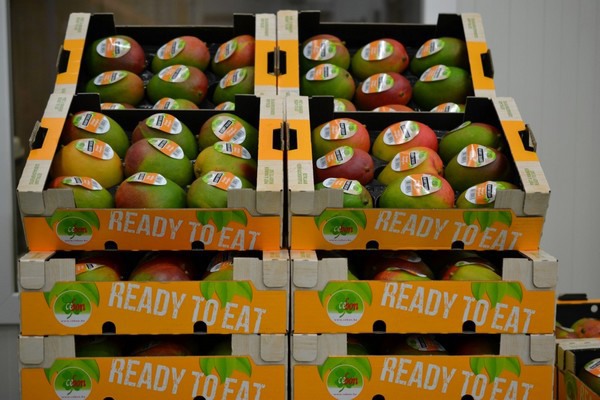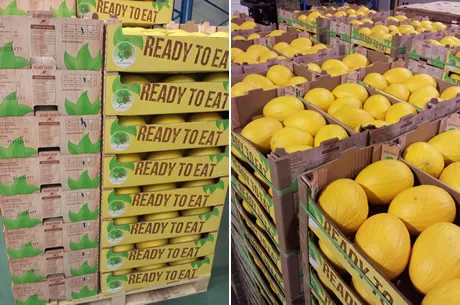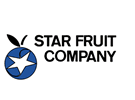The current mango market is highly complex. "This Peruvian season experienced a perfect storm of sorts, leading to a dreadful shortage until late last week. Arrivals are increasingly slightly; their quality is, however, still in question," begins Ive Lambert from the Belgian importer, Starfruit.
"Volumes-wise, we knew early on that the situation in Peru would be disastrous. We expected high prices from the get-go. But as long as the trade flows in flawlessly, there's no issue, and it's still manageable. However, logistical issues added to the challenges, causing the ships to be significantly delayed. Some took almost five weeks, facing storms along the way, only exacerbating the situation."

As a result, Ive states, prices have remained very high. "The delayed ships are gradually arriving, but some containers have quality issues because of the delays. It's certainly been a challenging season, and it will continue to be so until the switch to Ivory Coast. We hope the market stabilizes then. The Ivorian productions look promising so far. Harvesting should start in weeks 15 or 16; hopefully, the market will return to normal by the third week of April when we start getting those mangoes. But until Ivory Coast comes in, mangoes will remain in short supply," he says.
Varying quality in melons and limes
Ive notes that these challenges extend to melons, too. "There's also been a supply gap due to delays. They're arriving now but are of a similar quality to the mangoes. Honduras and Costa Rica, where most melons are currently being sourced, are already challenging countries in terms of ensuring consistent quality. For instance, last year in Honduras, the Galias were good, but the Cantaloupe were terrible. The Cantaloupes' quality has improved dramatically this year, but that of the Galias has declined. These products have a limited shelf life. An additional two weeks at sea does their quality no good."
"There are more melons in the market, but we're faced with the issue of substantial quality variations. Quite a few containers have issues, but those must also be sold. Prices thus vary widely. It's the same with limes. Those with good quality try to push the price up slightly, but the lesser quality products pull it down," Ive explains.

Severe passion fruit shortage
Lambert highlights another product facing the same challenges as those across the exotic fruit spectrum. "There's currently a severe passion fruit shortage, which is expected to continue for the next weeks to months. It's essentially because we had a period of dismal prices. They were so low that it wasn't feasible for Colombia to ship passion fruit. Consider a market situation with prices of 6 to 7 euros. Once you deduct freight costs and packaging, etc., there's little left over."
"So, it was decided to cut back on production. They cut back somewhat too much, though, leading to a significant shortage with very high prices. Since it will take some months for the plants to return to production, and the climate is affecting current production, I don't see this being resolved anytime soon," Ive concludes.
For more information:
Ive Lambert
Starfruit
112 Werkhuizenkaai
Brussels, Belgium
Tel.: +32 (0) 22 42 08 76
info@starfruit.be
www.groupadw.be/starfruit
